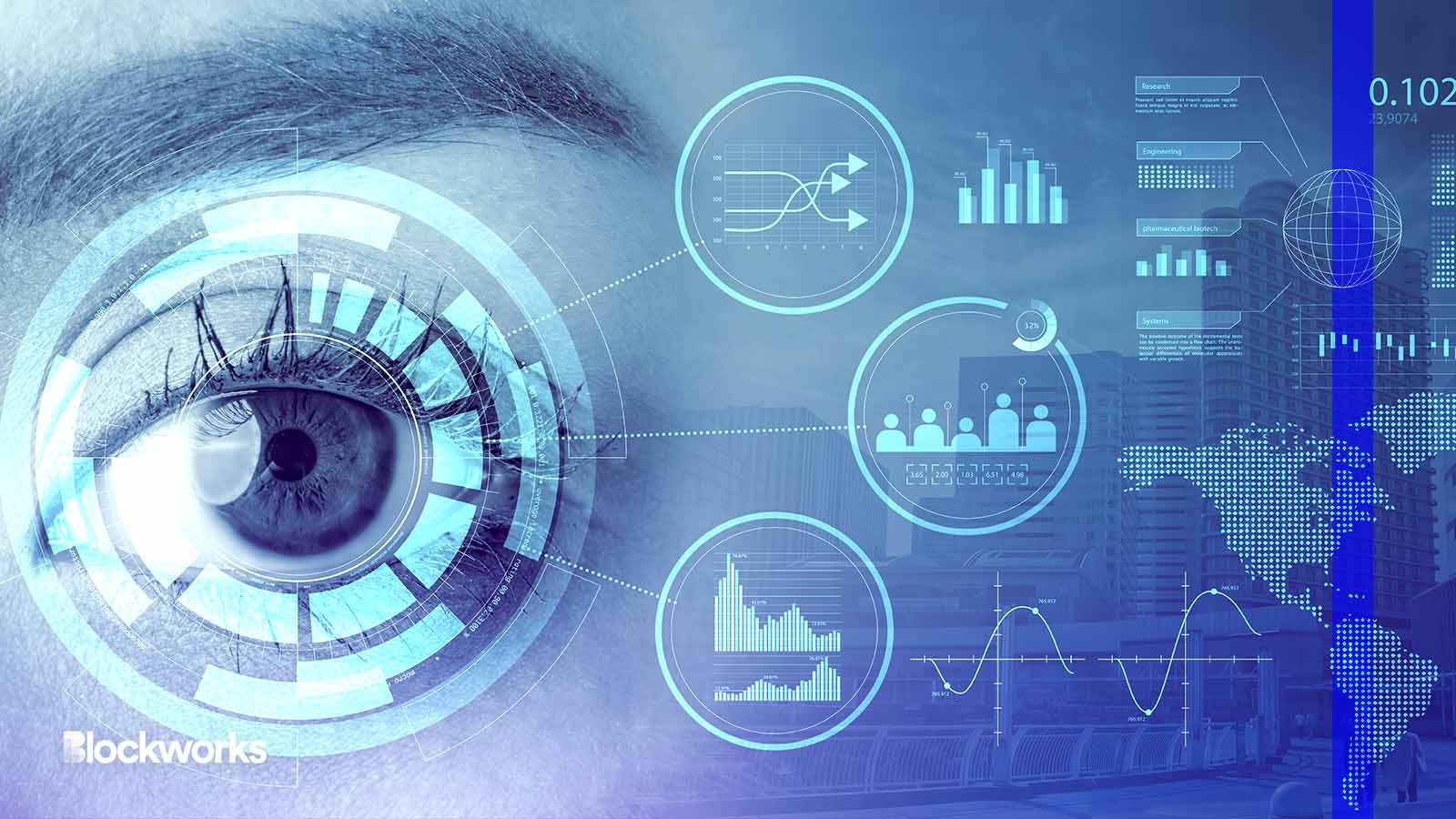Worldcoin to continue working with regulators after international controversy
Worldcoin faces international scrutiny one month into its launch as regulators express concern over data collection and storage

paulista/Shutterstock modified by Blockworks
Worldcoin — touted by its founders as a cutting-edge, “privacy-preserving” technology — faces scrutiny across the globe as regulators raise concerns about the company’s personal information and biometric data practices.
OpenAI CEO Sam Altman co-founded Worldcoin, a cryptocurrency project complete with a token and “World ID,” which is designed to act as a digital passport. The project’s stated mission is to distinguish humans from AI and eventually create an AI-funded universal basic income, as Altman and co-founder Alex Blania have explained in an open letter.
Regulatory roadblocks remain, however. In the United States, for example, citizens and residents aren’t allowed to purchase or trade the Worldcoin (WLD) tokens.
In Europe, German data regulators have eyed the project since November 2022, according to reports. In France, days after Worldcoin launched, officials said the legality of collecting biometric data “seemed questionable.”
Police raided Worldcoin’s warehouse in Nairobi, Kenya, earlier this month, according to local reports. The alleged raid came days after Blania announced via X, formerly known as Twitter, that the company had paused World ID verifications in the country.
“World ID is built for privacy,” Blania added. “We look forward to resuming operations, while continuing global rollout.”
Worldcoin has been in contact with the Office of Data Protection in Kenya since April 2022, according to people familiar with the matter. In a letter sent to the office last week, Worldcoin clarified that the company will “never sell users’ personal or biometric data,” per a copy of the letter viewed by Blockworks.
“Operator Partners do not access or process people’s personal or biometric data when conducting Orb signups,” the letter added. “They are akin to marketing agents.”
People around the world can complete “Orb scans” of their irises to prove their human identity. Individuals who receive an scan of their irises must consent to biometric data collection. The consent form has three options: disagree (no scan will be completed), agree to Orb scan but opt out of data custody (image data is not transferred or stored) and agree to Orb scan and data custody.
Individuals who agreed to the third option consent to having their data stored and sent to “teams in the European Union and the United States.”
“The project will continue to cooperate with governing bodies on requests for more information about its privacy and data protection practices,” the Worldcoin Foundation told Blockworks. “We are committed to working with our partners globally to ensure that the Worldcoin project meets regulatory requirements and provides a safe, secure, and transparent service for verified humans.”
Get the news in your inbox. Explore Blockworks newsletters:
- The Breakdown: Decoding crypto and the markets. Daily.
- 0xResearch: Alpha in your inbox. Think like an analyst.






